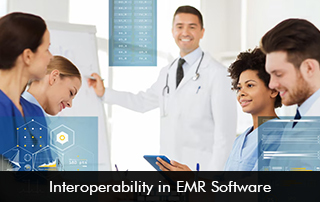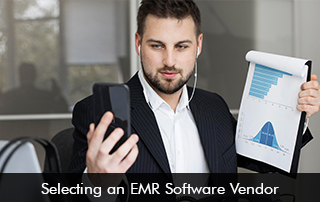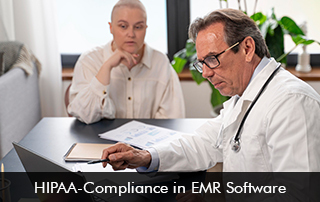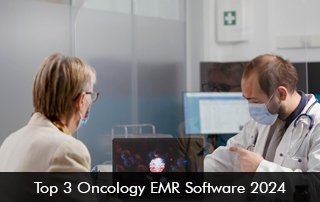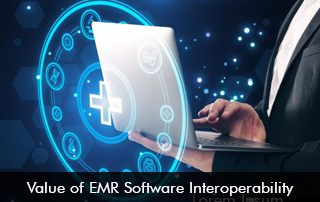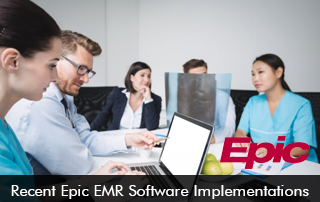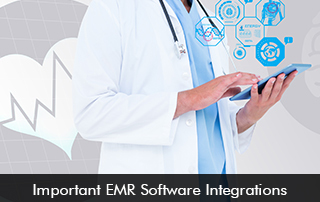Interoperability in EMR Software
The seamless integration of Electronic Medical Records (EMR) Software is of paramount importance in 2024 and beyond. Interoperability defines the ability of healthcare networks and patient administration software to exchange or transfer patient information and comprehend its subsequent use without any limitations. With the increase in financial investment and technological advancement in the healthcare sector, [...]


